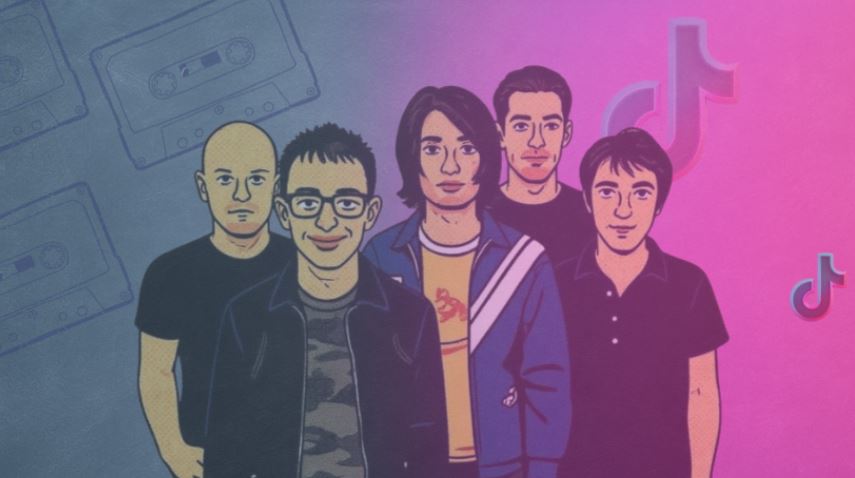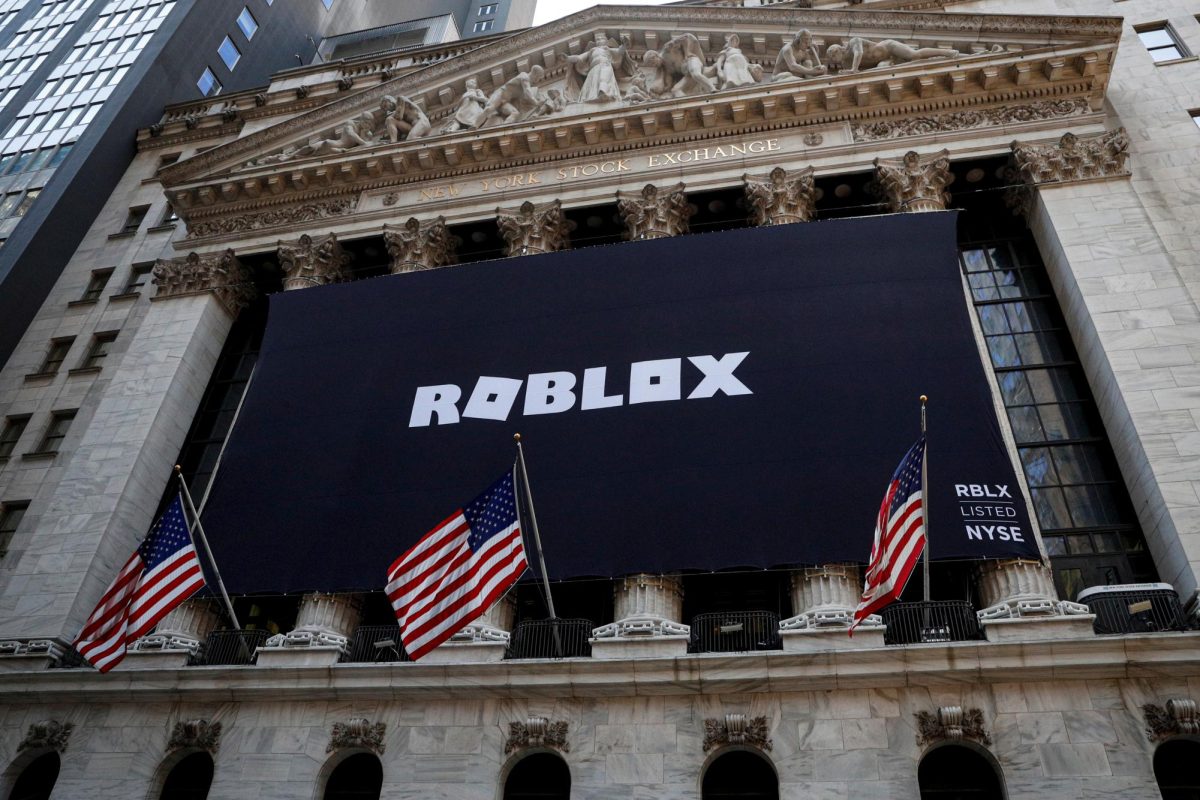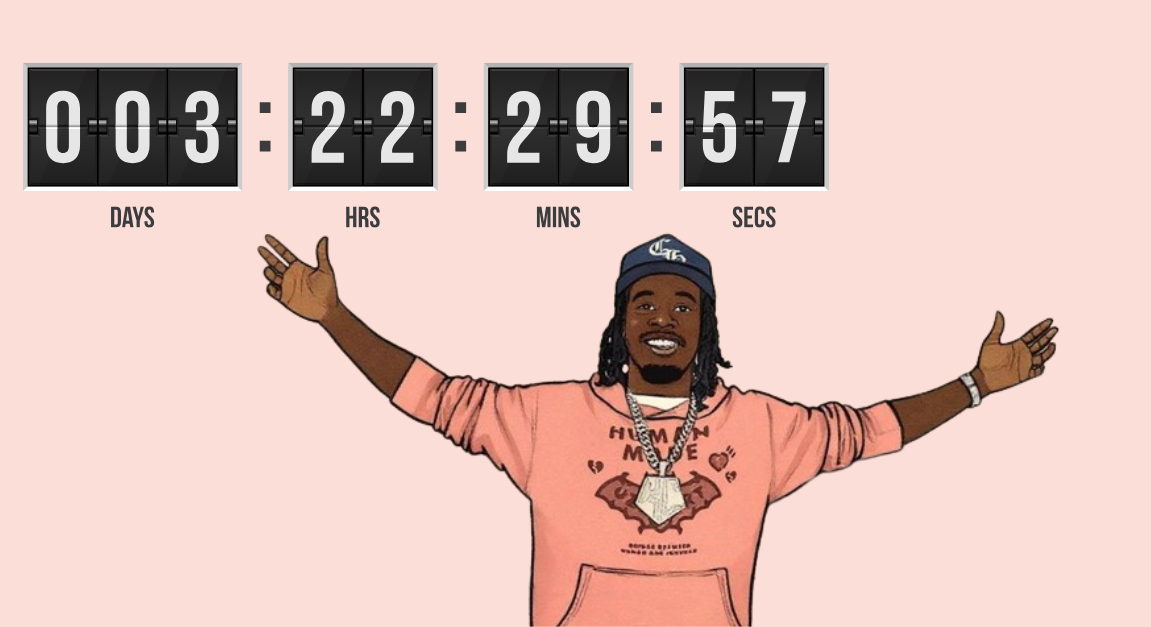In a world dominated by fast-changing trends and viral sounds, some songs manage to transcend time. Recently, the English rock band Radiohead has been experiencing an unexpected revival in popularity, with tracks like “Let Down” charting on the Billboard Top 100 decades after their original release. Thanks to social media platforms with a teen-heavy user base, the new generation is discovering the melancholic yet powerful soundscapes that defined the ‘90s—and they’re embracing it as their own.
A TikTok-Fueled Revival
For many Gen Z listeners, Radiohead is less of a nostalgic throwback and more of a fresh discovery.
“I had never heard of them before a clip of ‘Let Down’ showed up on my For You Page,” said sophomore Mina Al Shouk. “Now, I listen to it almost every day on Spotify.”
Social media has become a key driver for reviving older artists, with snippets of songs resurfacing in trends, edits, and background audio. Once a song is attached to a viral moment, streams often skyrocket. For example, Lady Gaga’s “Bloody Mary” was widely used for edits of Jenna Ortega’s dance scene from Wednesday in 2022. Tracks like “Creep” and “No Surprises” have seen new streaming peaks this year, largely driven by younger listeners.
Timeless Themes Across Generations
Why does Radiohead resonate so strongly with a generation that only started being born when OK Computer debuted on May 21, 1997?
“The lyrics about alienation and uncertainty feel just as relevant now as they did in the ‘90s,” said sophomore Kayla Sy. “Even though the world has changed, those feelings and general vibes are universal.”
Older listeners agree. Many point out that the band’s appeal lies in how its music continues to reflect the pressures of modern life. Even as technology and culture shift, the tracks still capture emotions that remain constant: stress, disconnection, and the search for meaning in life.
Others add that this shared resonance helps bridge the gap between generations. Parents and their children can listen to the same song and interpret the lyrics in different yet equally valid ways. That kind of staying power is rare in popular music nowadays and explains why Radiohead can continue to thrive for decades.
“When I first listened to the band’s songs back in 1997, it felt like they were speaking directly to our generation’s anxieties about the future,” stated Arcadia resident Nikolaos Andersen. “Now, I see kids listening to the same songs, and it really does prove that good music doesn’t age.”
The Psychology of Nostalgia
Nostalgia may be part of the appeal, even for those who didn’t live through the original era. For students facing academic pressure, social change, and global uncertainty, Radiohead’s introspective sound provides an outlet for reflection. It provides a sense of stability and continuity in otherwise uncertain times.
A Cross-Generational Soundtrack
Ultimately, the resurgence of Radiohead is less about revival and more about rediscovery. Whether experienced through vinyl, CD players, or streaming platforms, its music continues to bridge the gap between generations.
“I think it shows that people my age are more open-minded than people realize,” said sophomore Sarah Chan. “Just because something’s old doesn’t mean it’s irrelevant. If anything, it feels more meaningful.”
As Radiohead’s music echoes through new playlists and viral videos, it reminds us that some sounds are too powerful to belong to just one generation.







